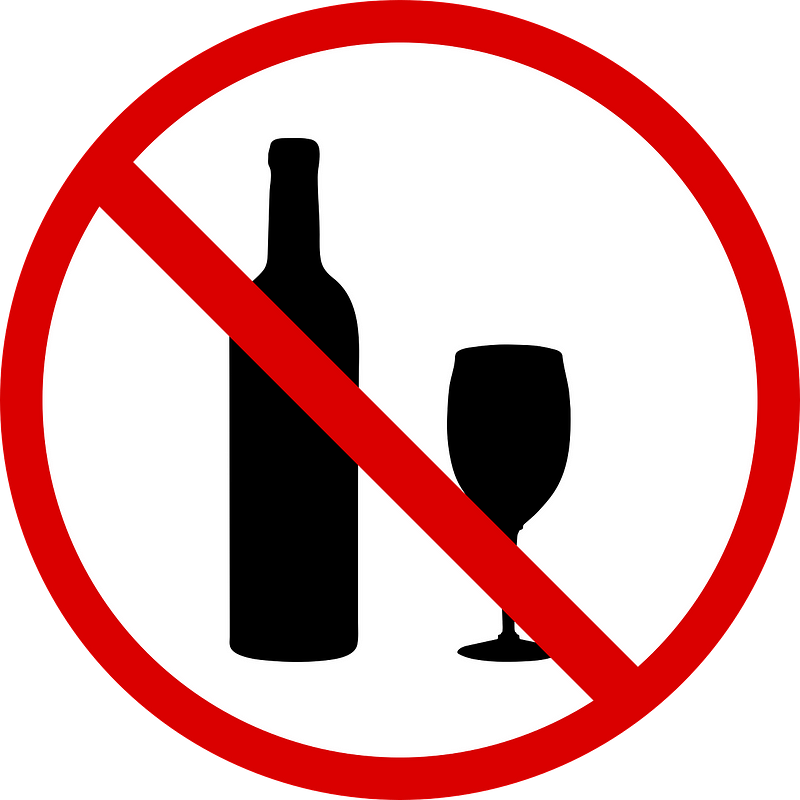# Navigating Life's Challenges: Embracing Sobriety and Spiritual Growth
Written on
Chapter 1: Understanding Emotions in Sobriety
In this straightforward guide, I will share insights on how to navigate life’s challenges, especially after choosing sobriety. When I first joined the AA Program, I often found myself overwhelmed by emotions I had never truly experienced while drinking. The illness or loss of someone close would leave me feeling very vulnerable. In contrast, during my drinking days, I was largely indifferent to most situations. Tough days would only heighten my emotional state, which frustrated me immensely!
I soon realized that I was uncovering feelings I had long suppressed. Initially, I questioned if this emotional upheaval was a sign of weakness. “If sobriety turns me into a blubbering fool, what’s the point?” I expressed this concern to my sponsors, who explained that in the past, I numbed these feelings with alcohol, dulling my emotional responses.
Without alcohol, I was now confronting these feelings head-on rather than masking them. Previously, when faced with challenges, I would resort to drinking, only to find the issues remained unresolved when the effects faded. Now, devoid of that sedation, I was experiencing emotions authentically for the first time. Surprisingly, I managed to navigate these situations quite well!
As time passed in the program, I began to appreciate my emotions and stopped trying to conceal them. Love became a frequent theme in my life, as I found joy in physical connections with those I cared about, transforming into the family “hugger.” This affection has even spread to my children and grandchildren, with my tall grandson coming to me for a hug every time I walk into a room. The warmth I receive from these interactions is irreplaceable.
How did I reach this emotional place? I recognized that I am part of a Higher Power, whom I now choose to call God. This divine presence resides within me, in what some may refer to as the mind, soul, or heart. He isn’t a distant figure judging my actions; rather, He works through me and others.
My Higher Power, the great creator, fashioned the entire universe and everything within it. Being created in His image implies that we, too, possess creative abilities. Reflecting on the lies we told ourselves to survive during our drinking days, it becomes clear that, as reflections of our Higher Power, we have the capacity for creativity.
We can conceive the idea of living a life filled with happiness and freedom, just like those we encounter in recovery. Observing others who have overcome greater struggles than ours gives us the belief that we, too, can achieve this transformation. We then listen and learn from their journeys, develop a plan, and take actionable steps toward achieving our goals. Remarkably, we find ourselves experiencing happiness and joy without relying on substances. The process may require effort, but it pales in comparison to the turmoil we faced while drinking.
Having gone through this process of Conceiving, Believing, and Achieving (CBA), it feels liberating, doesn’t it? I never thought I would experience such genuine joy again.
Since my journey involves attentiveness to the world around me, I am constantly reminded that my Higher Power is present, even if I can’t always see Him. Initially, this awareness felt daunting, but how much simpler can it be than to just observe and act?
To address the challenge of enduring long, difficult days without alcohol, we all have moments that are more manageable than others. In these times, we focus on doing the next right thing. The more we engage with our program, the easier it becomes to identify what that next right step is.
How do we discern what feels right? When we are actively working our program, we can trust that “if it feels right, it IS right.” If there’s any doubt, we should pause for reflection. If it still feels right after reconsideration, we take action. If not, it’s best to step back and reassess!
Over time, this approach becomes more intuitive. To simplify further, we can invoke the essence of the 3rd Step by saying, “God Help Me,” and then allowing Him to guide us. This straightforward method paves the way for a life filled with happiness, joy, and freedom.
Do you desire this for yourself? If so, just say, “God Help Me,” and then take action, whatever that may be, and you will discover it for yourself.
After trying this, I encourage you to leave a comment with your thoughts.
God bless you.

Chapter 2: Insights from Personal Experiences
In the video "How Quitting Alcohol Changed My Life + Perpetuated Spiritual Growth," the speaker shares their transformative journey of sobriety and the spiritual growth that followed.
Chapter 3: Spiritual Awakening and Alcohol
In the video "Is Alcohol Bad for Spiritual Awakening? | Eckhart Tolle Explains," Eckhart Tolle discusses the impact of alcohol on spiritual growth and awakening, offering valuable insights into this complex relationship.